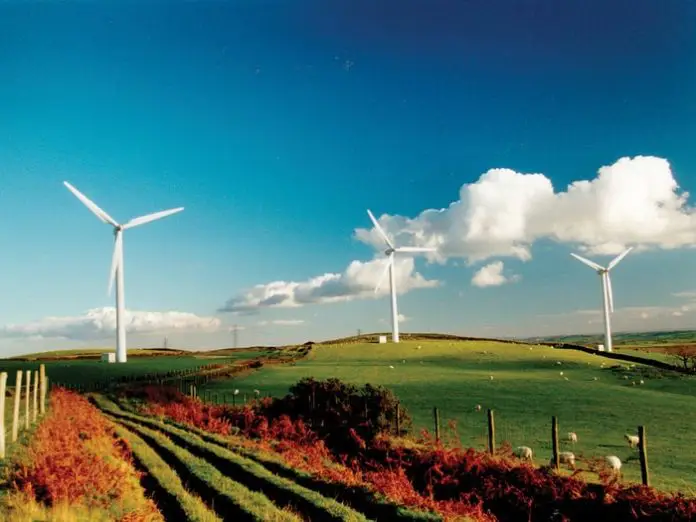
A real estate farm is something that most successful real estate professionals have used in their careers, sometimes maybe without even realizing they were doing it. When you have a real estate farm, it’s an area where you specialize, but there’s more to it than that.
Whether you’re currently in real estate and you want to boost your career, or you’re thinking about becoming a real estate professional, the following are things to know about a real estate farm and technology that will help you with your real estate farm.
What Is a Real Estate Farm?
A real estate farm is a term that refers to growing or cultivating something. You choose an area, and you then plant seeds that will grow into your future business. You take care of those seeds through marketing and then your harvest is your commissions.
When you have a real estate farm, you choose a specific area or in some cases, perhaps a demographic, and then you put your efforts towards farming what you’ve selected.
A real estate farm’s success cultivation relies on consistency along with expertise. You have to patient to see the fruits of your efforts, but if you are patient then you should see a harvest that reflects the work you initially put in.
Geographic Farming
The most common form of farming is called geographic farming. This allows you to choose a specific location and then get to know it and every detail about life there so that you are familiar with it from top-to-bottom and inside-out.
You might choose to farm the area where you live because that’s going to give you a great idea of what daily living is like there.
When you are choosing a farm you will want to consider the boundaries of that area, the size, and number of homes, and details such as the average sales price and turnover rate.
When you’re choosing a geographic farm, you want to do so carefully. Look at an area that has the least amount of days on the market if possible, because this is most likely to give you a high growth rate. Along with the turnover rate and days on the market, think about the community growth rate. For example, could there be something new in the works?
Assess competition also. Is it too saturated?
Once you have a good idea of these factors, you should start working to figure out the size of your marketing targeted audience. This will allow you to set a budget, and you may need to work with a mailing list marketer to get an accurate account here.
If you find that your audience is too big, scale it back and get even more narrow in your targeting.
Consider Your Personal Preferences
Often when people are selecting a real estate farm, they only look at the metrics related to the real estate itself and potential sales. However, you should think about your personal interests and preferences.
Even if you don’t choose a farm where you live, you want to find one that holds personal interest for you. For example, maybe you opt for a farm with old homes because you love them.
Also, realize that even once you have a farm, you can go even further into a specialty niche, so your personal preferences may help you do that.
Using Tech To Cultivate Your Farm
Once you have a farm narrowed down, and perhaps even more areas of specialty within your niche, you can work on planting those seeds, and technology can be a tremendous help here.
There are general tech tools that can help you. For example, use the multiple listing services’ reporting tools so that you can generate advanced reports that will let you know at a granular level what’s happening on your farm.
Along with using reporting statistics for your own purposes, use them in your marketing. For example, consider adding a QR code that your prospects can scan to gain more relevant farm data from your site or app.
You can also think about having a real estate app created. A white label real estate app can help you brand yourself even further within the context of your farm. For example, maybe you name the app after your farm, and this shows the level of commitment you have to this area. You can also create your app name as a call-to-action related to your farm.










